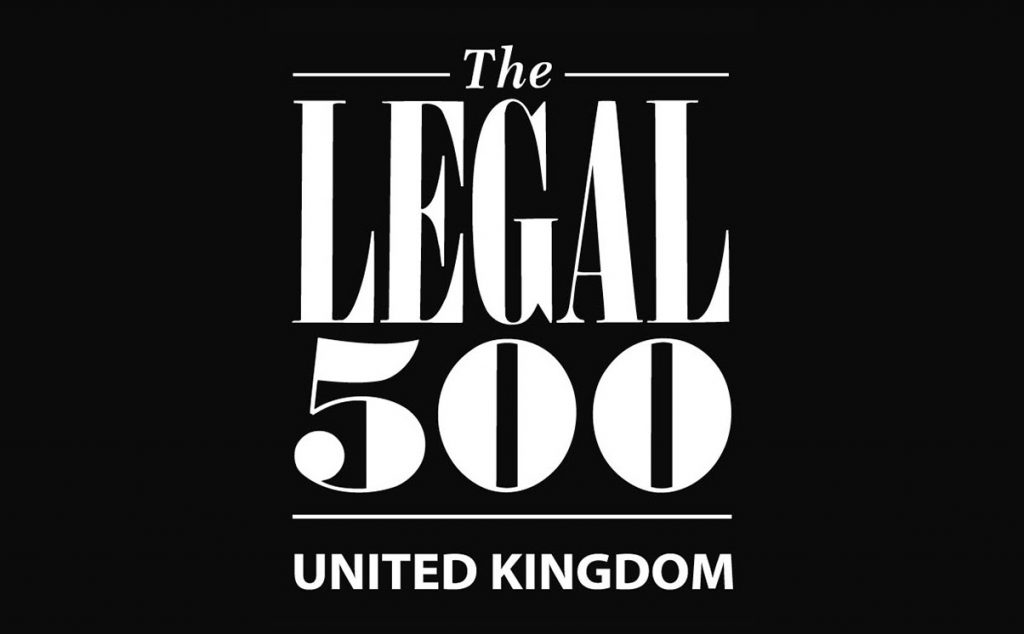Breaching a director’s disqualification & POCA
Sundeep Soor and counsel Barnaby Hone ( 5 St Andrews Hill) achieved a good result for their client who was prosecuted by the Insolvency Service (IS) for breaching his directors disqualification. The IS decided to proceed to confiscation proceedings a common approach by regulatory bodies over recent years.
After making legal submissions relating to the alleged criminal benefit, the prosecution agreed that the benefit would be limited to the income earned as salary ( as opposed to turnover ) during the period of the breach. This resulted in a £35k benefit as opposed to the turnover amount of £200k.
Below is some more information about confiscation proceedings and regulatory offences.
Regulatory Cases
Regulatory cases involve offences arising from a breach of a statute or regulation, which are prosecuted in the criminal courts which all give rise to criminal penalties. Examples include certain breaches of directors disqualification, health and safety, licensing, housing or planning legislation,
What is Confiscation and Criminal Benefit?
Part 2 of the Proceeds of Crime Act 2002 (POCA 2002) allows the Court to confiscate criminal proceeds from a defendant. The purpose of confiscation is to deprive a defendant of the benefit of his criminal conduct. The proceedings take place after a conviction or guilty plea and are limited to the conduct captured in the plea or conviction. A defendant’s criminal benefit is what he has gained from the established criminal conduct.
Identifying the Criminal Conduct in Regulatory Cases
During confiscation proceedings for regulatory cases, correctly identifying the criminal conduct is a critical step. Without the ability to pinpoint the criminal conduct, it is difficult to solve any issues related to causation when assessing the criminal benefit.
The case of Sumal and Sons Properties Ltd v London Borough of Newham [2012] EWCA Crim 1840 involved an appeal against a confiscation order for rental income obtained whilst the Appellant was operating without a license. The Court of Appeal quashed the confiscation order originally made at the Crown Court on the basis that the criminal conduct was limited to the failure to obtain a license and could not extend to the collection of rental income.
In R v Roth, the Appellant collected rent whilst in breach of an enforcement order under the Town and Country Act 1990. It was submitted that his criminal conduct was limited to the breach of the order. The Court of Appeal refused this argument. It concluded that the breach of the order was the criminal conduct and crucially, everything earned after the breach constituted a criminal benefit.
The pertinent issues in such cases will be whether the defendant had any criminal benefit directly flowing from their conduct due to the nature of the breach. Alternatively, the benefit might be lawful and protected from confiscation proceedings. Hence in more recent cases a Council successfully confiscated rental proceeds obtained by unlicensed landlords because the landlords were not only unlicensed but also providing substandard housing with ‘appalling’ conditions and overcrowding in breach of the Housing Act 2004.
Each such case requires a careful assessment of the underlying law and a comprehensive understanding of criminal conduct. Causation should not be viewed as an afterthought when assessing a defendant’s criminal benefit.
Sundeep Soor continues to act on numerous POCA confiscation cases for defendants and third parties. His current cases involve client assets to the value of £5m.
He also acts for companies and individuals in relation to POCA Account Freezing Orders. A recent instruction relates to a national construction company involving funds in excess of £700,000. Sundeep can be contacted on 07973148738 or sundeepsoor@defencelegal.co.uk.

